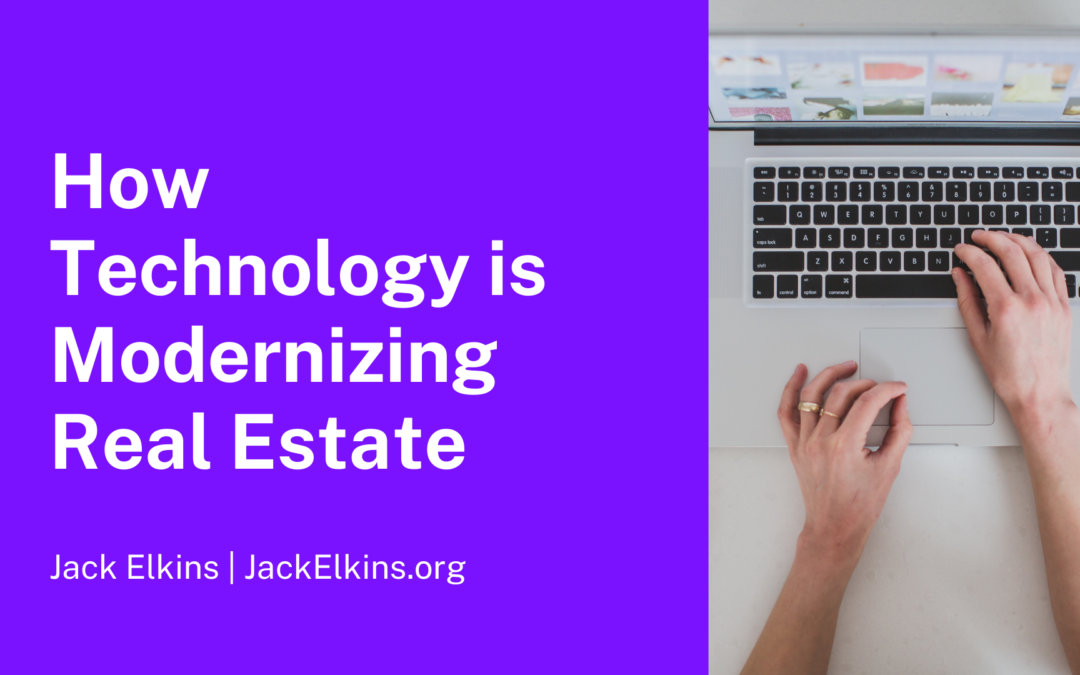Today’s real estate market is a very different place than it was even just a few years ago. When you think about buying and selling property, you’re likely to imagine something transactional; the selling homes for cash, with little more than the house itself as its product. Many factors have contributed to this shift in emphasis. However, the most significant single factor is likely to have been the Internet. With its arrival, buying and selling property became much more about finding homes in a particular location rather than selling homes themselves. This made for very different market dynamics that are still playing out today. This article will provide an in-depth insight into how technology is helping to streamline both large and small real estate transactions:
Tossing Out the Paper
The old-fashioned paper trail of leases and deeds is quickly being replaced by digital paperwork on the blockchain. Not only that, but the few instances where it still happens on paper are more likely to be using secure, government-official stationery rather than plain A4 sheets. Blockchain provides unprecedented security for real estate transactions through digital signatures. This is of particular benefit for large, international transactions that are traditionally very paper-based, with many different parties involved in the process of transferring funds and information between them all.
Tapping into Big Data
The Internet brought about a more targeted approach to advertising one’s property for sale or rent. Nowadays, listings sites like Craigslist and Zillow generate and monitor information on the number and location of visitors to each individual property that is available. The insights gained from this data allow real estate professionals – such as brokers – to better understand their clients’ needs and improve the efficiency and quality of service they provide.
Earning Your Stripes
Many people don’t realize the huge amount of paperwork and vetting process that is involved with becoming a real estate professional. The reason for this is because most people know all about the physical trials and tribulations of buying and selling property – rather than gaining accreditation – and thus do not appreciate how much training, knowledge, and legal obligation is involved. However, digital accreditation is catching up as brokers and other professionals gain the ability to demonstrate their credibility online via blockchain technology.

